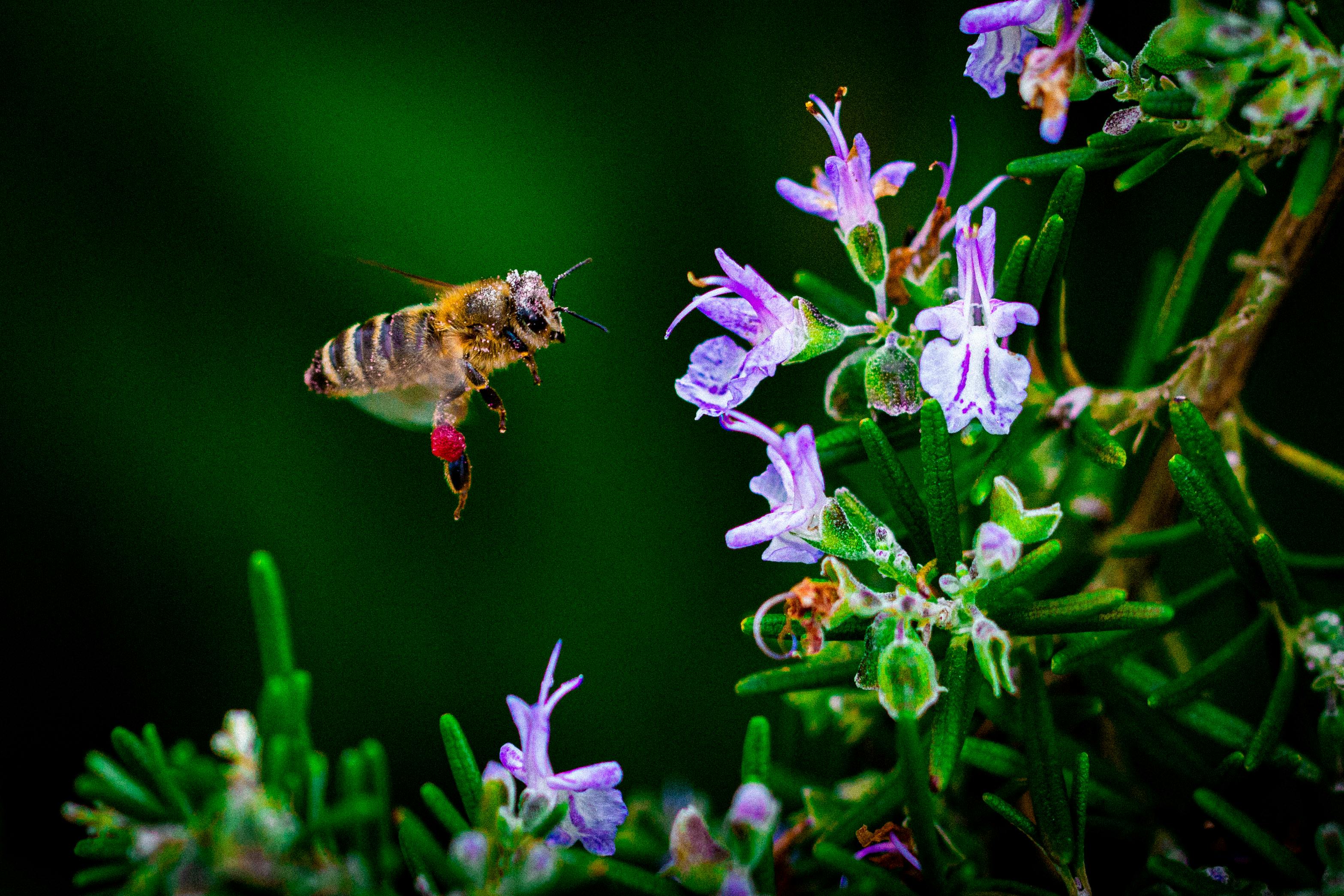The Rising Popularity of Urban Beekeeping: A Buzzworthy Trend
Urban beekeeping, once an uncommon sight, is now a trend that is capturing cities around the globe. It's a practice that not only helps to sustain the bee population but also has numerous benefits for the urban environment. This article will delve into the history, current practices, and market impact of urban beekeeping.

A Historical Perspective on Urban Beekeeping
Urban beekeeping is not a novel concept. In fact, keeping bees in cities has historical precedence going back to ancient times in Egypt and Greece. During these periods, bees were kept in pottery vessels or straw skeps and their honey was a precious commodity. Over time, the practice fell out of favor as urbanization increased and agricultural practices moved to rural areas. However, in recent years, there has been a resurgence in urban beekeeping, driven by a desire for local, sustainable food sources and a concern for declining bee populations.
The Current Buzz on Urban Beekeeping
The modern urban beekeeping movement has gained considerable momentum in the last decade. Cities around the world, from New York to London and Tokyo, have seen a surge in rooftop and balcony hives. The trend has been spurred by a growing awareness of the vital role bees play in pollinating our food crops and the alarming decline in their numbers. Urban beekeeping is seen as a way to help bolster bee populations, and it also has the added benefit of improving pollination in city gardens and parks.
The Market Impact and Price of Urban Beekeeping
The rise of urban beekeeping has also given birth to a burgeoning market for beekeeping supplies and services. From hives and protective gear to training courses and beekeeping services, the industry is buzzing with activity. The price of setting up an urban beekeeping operation can range from a few hundred to several thousand dollars, depending on the scale and complexity of the setup. The honey produced is often sold at a premium, with a jar of urban honey fetching more than double the price of regular store-bought honey due to its local and sustainable credentials.
Backed by Research: The Benefits of Urban Beekeeping
Research supports the numerous benefits of urban beekeeping. Studies have shown that urban bees are often healthier and more productive than their rural counterparts, likely due to the greater diversity of plant life in cities. Urban honey has also been found to contain a wider variety of pollen, making it potentially more nutritious. Furthermore, urban beekeeping can contribute to local biodiversity, improve pollination, and increase green spaces by encouraging planting of bee-friendly plants.
The Future of Urban Beekeeping: A Balance of Opportunities and Challenges
The future of urban beekeeping looks promising, but it’s not without its challenges. Issues such as potential conflicts with neighbors over swarming bees, the need for proper hive management to prevent disease spread, and maintaining a balanced ecosystem must be addressed. However, with the right education and support, urban beekeeping has the potential to make our cities greener, our food more sustainable, and our bees healthier.
In conclusion, urban beekeeping is a trend that is here to stay. It’s a movement that speaks to our desire for sustainable, local food and our need to connect with nature, even in the heart of the city. As the practice continues to grow, it will undoubtedly play a vital role in shaping the future of our urban landscapes.




